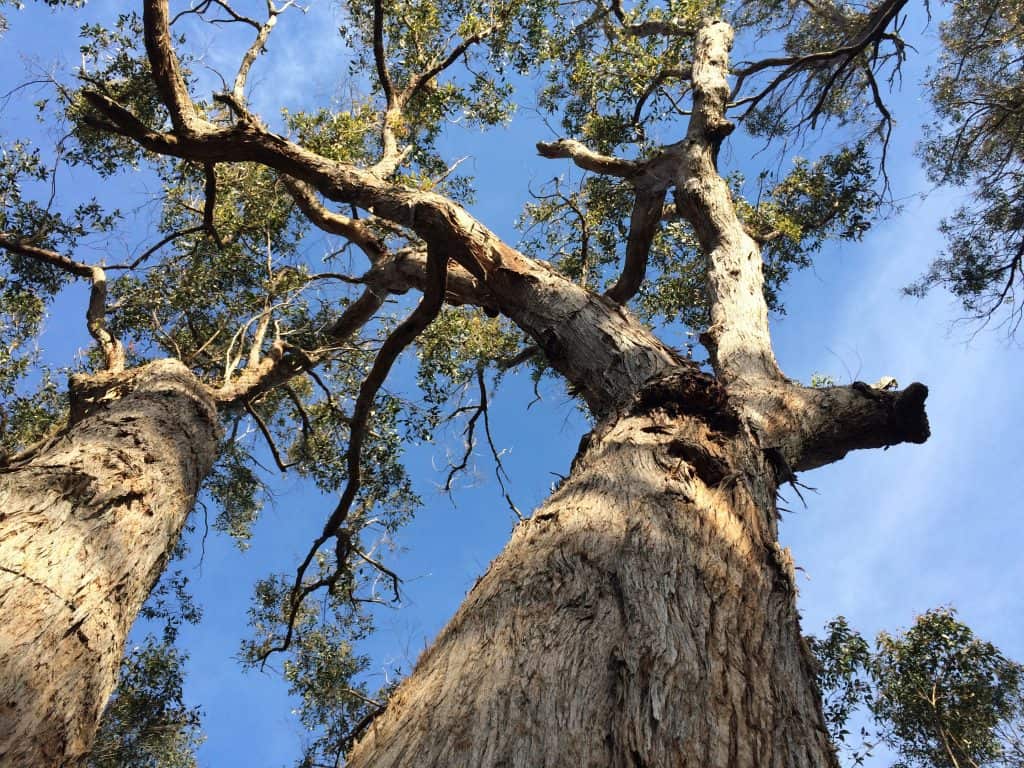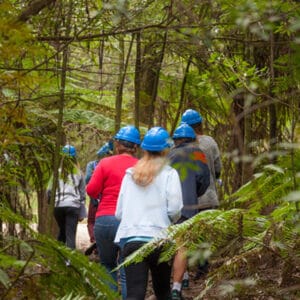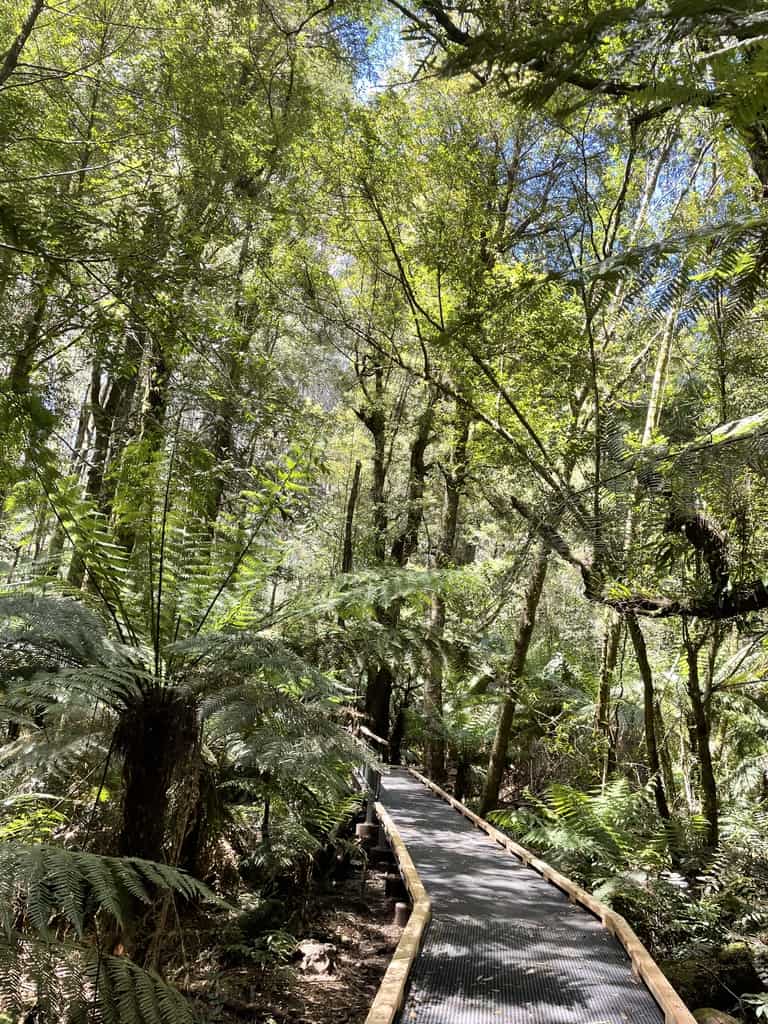Relationships with Forests (Outdoor and Environmental Studies Unit 3)
-
Forest
-
Human Impacts
-
Forest Management
-
Relationships



Program Overview
From the prehistoric beginnings of Australia’s forests to those we know today, explore both the ancient and newer ecosystems of Toolangi and how they have changed over time. In this 4 hour program, you will discuss the relationships between humans and forests, comparing the attitudes and management ethos of the land by Indigenous Australians and the continent’s European colonists. Explore contemporary political, social and economic views of the forest, and how they affect the way in which Toolangi’s forests are utilized today. Students will be able to make practical observations in order to complete journal entries/reports for Outcome Assessment tasks.
The full day (4 hour) program includes:
· Mountain Ash forest that has regenerated from the 1939 bushfires
· Protected Cool Temperate Rainforest
· A clear-felled logging coupe
Inclusions and Notes
Equipment supplied by Gould League: Safety helmets worn by all participants; workbook and all tools required for fieldwork data collection.
Equipment needed: A chartered bus (which is required to remain with the group at all times). First aid kit , sun screen, insect repellent and PPE including hand sanitiser to ensure a Covid safe excursion.
Student needs to bring: Their own water and lunch, sunscreen, a clipboard, pencil, and a copy of the Gould League workbook (usually sent 14 days prior to excursion so copies can be made for students) to guide the program, bag to take away your rubbish.
Restrictions: This Gould League program is delivered in the Toolangi State Forest, in the North Central Fire District and does not operate on days with a Fire danger rating of Extreme and Catastrophic. On rare occasions, programs may be postponed due to extreme weather predictions involving wind/storms. In both cases, these programs will be rescheduled at the earliest convenience of both parties.
Programs however DO operate during wet/snowy weather. Please contact us to discuss the best timing to optimize your group’s experience and ensure suitable clothing and footwear for the conditions predicted. Plan for wet weather from April-October, and expect temperatures at least 5 degrees colder than suburban Melbourne.
Curriculum Links
AOS 1 Outcome 1 Key Knowledge:
- An overview of Australian outdoor environments before humans, including characteristics of biological isolation, geological stability, and climatic variations.
- Relationships with Australian outdoor environments expressed by specific Indigenous communities before and after European colonisation.
- Relationships with Australian outdoor environments as influenced by:
- the first non-Indigenous settlers’ experience
- increasing population
- industrialisation
- nation building
Key skills
- Explain the characteristics of the Australian environment before humans.
- Describe and analyse the changing relationships with Australian outdoor environments expressed by specific Indigenous communities.
- Describe and analyse the changing relationships with Australian outdoor environments influenced by historical events and associated key social and cultural issues.
- Evaluate the foundation and role of environmental and political movements in changing relationships with outdoor environments.
- Plan for and reflect upon a range of practical sustainable outdoor experiences and analyse relevant information collected during these experiences.
AOS 2 Outcome 2 Key Knowledge:
- Societal relationships with outdoor environments reflected in different forms of conservation, recreation, primary industries, and tourism practice
- The factors influencing societal relationships with outdoor environments, including:
- the effects of different technologies
- commercialisation of outdoor environments and outdoor experiences
- depictions of outdoor environments and outdoor experiences in the media, music, art, writing and advertising
- social responses to risk taking
- Social and political debates about climate change, water management, and renewable energy and the impacts of these debates on societal relationships with outdoor environments
- An overview of environmental politics in Australia, including:
- environmental policies of the major Australian political parties
- the role of the Victorian Environmental Assessment Council (VEAC).
Key Skills
- Plan for and reflect upon a range of practical sustainable outdoor experiences and analyse relevant information collected during these experiences
- Compare different societal relationships with outdoor environments
- Analyse and evaluate factors influencing societal relationships with outdoor environments
- Analyse environmental politics in Australia
- Analyse social and political debates about environmental issues
VCE Study Design extracts reproduced by permission, © VCAA. VCE is a registered trademark of the VCAA. The VCAA does not endorse or make any warranties regarding this study resource. Current VCE Study Designs, past exams and related content can be accessed directly at www.vcaa.vic.edu.au
